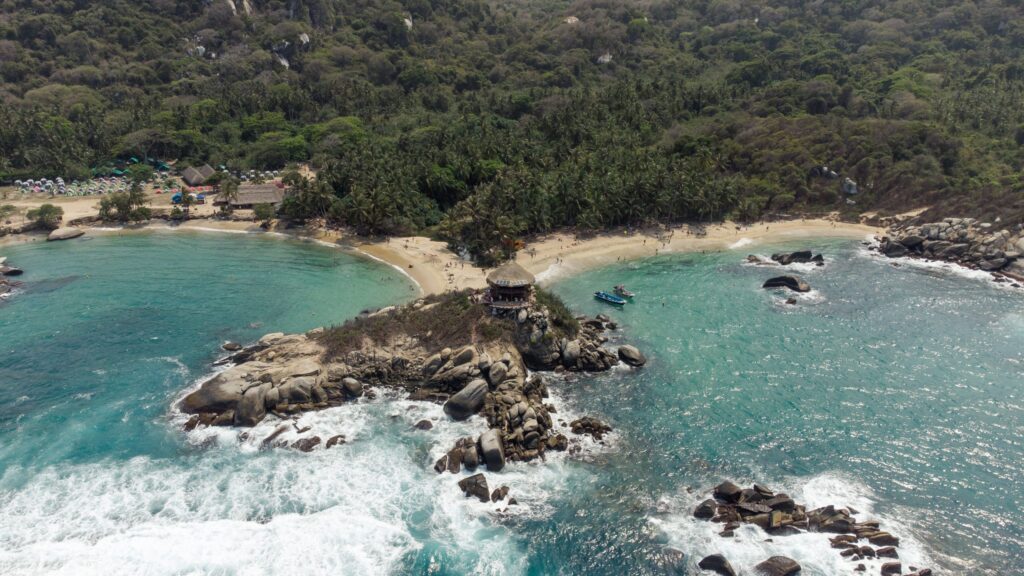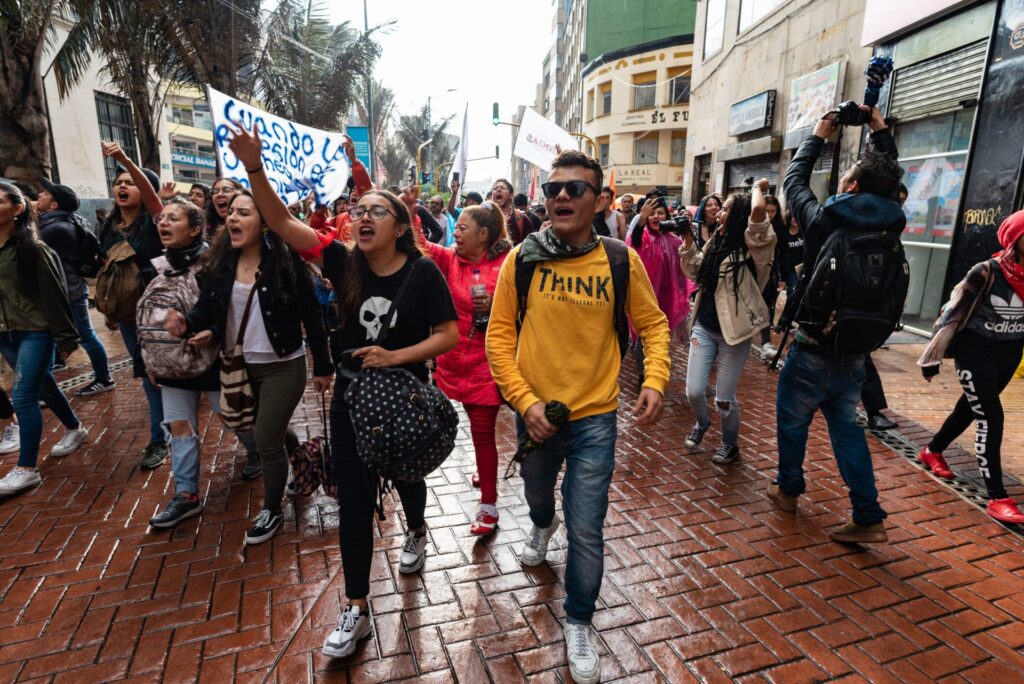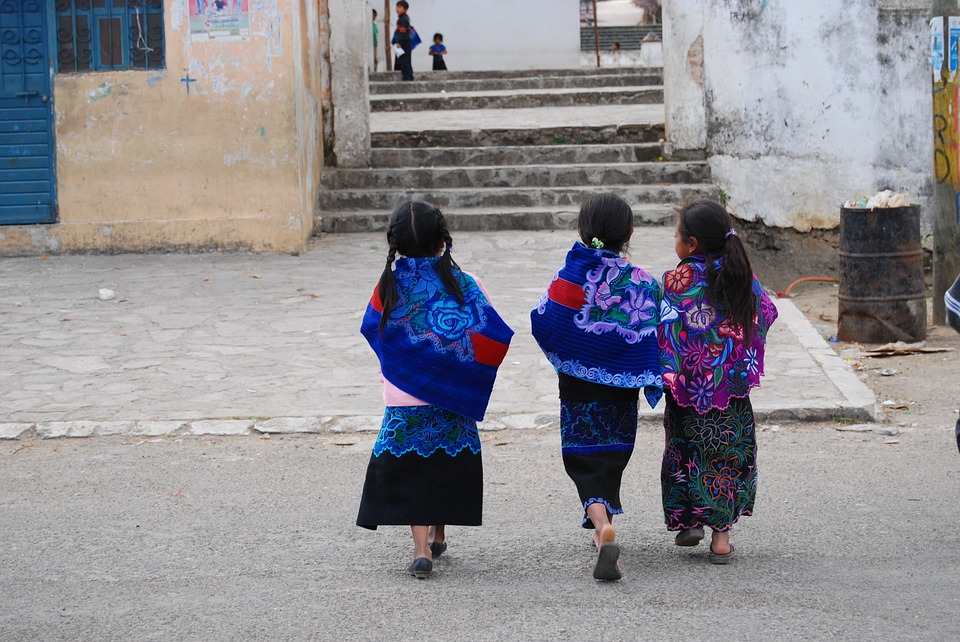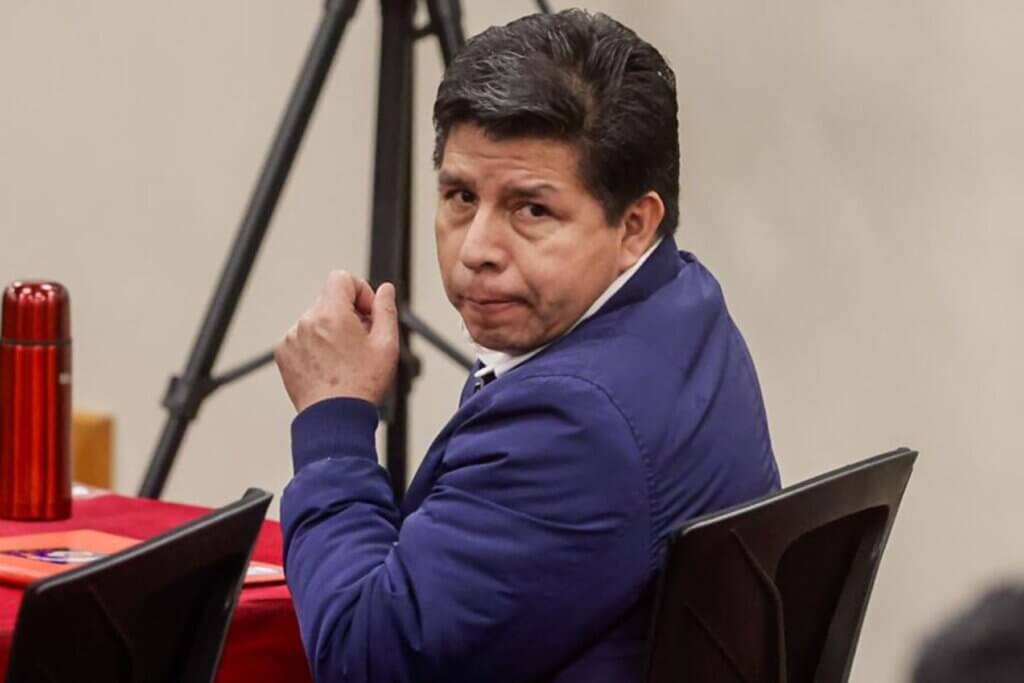Bolivian President Luis Arce has called for unity among the left ahead of the country’s general election.
In a statement published on Saturday, Arce encouraged members of the political left to see past the “internal war amongst progressive and left-wing forces,” instead encouraging them to look forward,” and to “shed the individualism that has penetrated our ranks.”
In addition to highlighting the crucial role that dialogue and negotiations play in establishing unity, Arce said: “Unity is established by knowing how to identify who and where the enemies of the people are, which in this specific case we see in North American imperialism, in addition to the international and national right-wing that wants to plunder our natural resources again.”
While Arce acknowledged that it is “natural” for members of the left to have “tactical differences and differing views on things,” he argued that the shared challenges they face present an opportunity for unity. Among these shared challenges, Arce said, are the privatization of public companies, job insecurity, and “the destruction of the Plurinational State to restore the colonial Republic.”
Arce also warned of the dangers of a return to “a ruthless neoliberalism,” as well as “to a conservative, exclusionary, and pro-fascist restoration, as we have seen in other countries on the continent.”
He highlighted the importance of “selfless gestures” and prioritizing “the destiny of the immense majorities, of what we call ‘the people’.”
The statement concluded: “LET’S BLOCK THE RIGHT! ONLY UNITED WILL THE PEOPLE WIN!”
The upcoming election and ongoing division
Bolivia’s general election is due to take place on August 17.
The candidates are Eduardo del Castillo, an independent aligned with the governing left-wing Movement for Socialism (MAS); Samuel Doria Medina of the center-right National Unity (UN) party; Jorge Quiroga of the right-wing coalition Alianza Libre (Free Alliance); Andrónico Rodríguez, an independent backed by the center-left Popular Alliance; centrist Rodrigo Paz, a senator belonging to the Christian Democratic Party, and Manfred Reyes Villa of the Autonomy for Bolivia Party (APB-Súmate), who identifies as neither left nor right leaning.
Bolivia’s left has become divided by an ongoing feud between former president Evo Morales and Arce, who were once allies belonging to MAS. Arce served as the country’s economy minister under Morales, and, when Morales fled Bolivia in 2019 amid accusations of vote-rigging, Morales chose Arce to be the presidential candidate for MAS in the 2020 general elections.
Arce emerged victorious in the elections, and Morales returned from exile, received by thousands of supporters in the streets. However, Arce made it clear that Morales would play no role in his new government.
Morales announced in September 2023 that he would be running for president in 2025, however the Bolivian Constitutional Court barred him from doing so due to a rule prohibiting individuals from serving more than two presidential terms.
Despite the ban, Morales continued to insist that he would run for president. That was until May, when he missed the deadline to register as a presidential candidate.
Arce too had been in the running for re-election, however he dropped out of the race in May, expressing concern that a fragmented-left wing would heighten the probability of victory for the country’s right-wing and centrist parties.
Morales accused of statutory rape
In October, Morales was accused of raping a teenage girl while he was president of the country. The girl, who was believed to be 15 or 16 years old, allegedly became pregnant with his child after she was reportedly forced by her parents to engage in sexual relations with Morales in exchange for political favors.
Read more: The statutory rape allegations against former Bolivian President Evo Morales
An arrest warrant was issued for the former president and the alleged victim’s parents.
Morales called the allegation a “lie,” and accused Arce’s government of “believing that by sending [him] to prison, they will silence the voice of a people dissatisfied with an administration that dragged the country into bankruptcy.” He also condemned the “dirty and mendacious campaign” led by Arce.
Shortly after the allegations were made public, Morales’ car was reportedly ambushed and struck with gunfire. Morales claimed that Arce’s government had attempted to assassinate him.
Political unrest
Pro-Morales supporters have participated in several protests over the past year. In September, thousands undertook a 120-mile march across Bolivia to “save” the country from Arce.
After the allegations of rape were made, pro-Morales demonstrators established blockades on two of the country’s major roads, saying they sought “to protect the freedom, integrity, and [prevent] the kidnapping” of Morales.
In June, at least five people were killed after pro-Morales protests broke out in response to the fact he had not been able to register for the elections. Morales was subsequently put under investigation for “terrorism,” for allegedly inciting the protests.
Featured image credit:
Image: Luis Arce
Photographer: Fora do Eixo
Source: https://eo.m.wikinews.org/wiki/Dosiero:Luis_Arce,Presidente_da_Bol%C3%ADvia,_participa_de_evento_na_Nave_Coletiva%C2%B7_05_09_2022_%C2%B7_S%C3%A3o_Paulo_%28SP%29_%2852433922558%29.jpg
License: https://creativecommons.org/licenses/by-sa/2.0/











